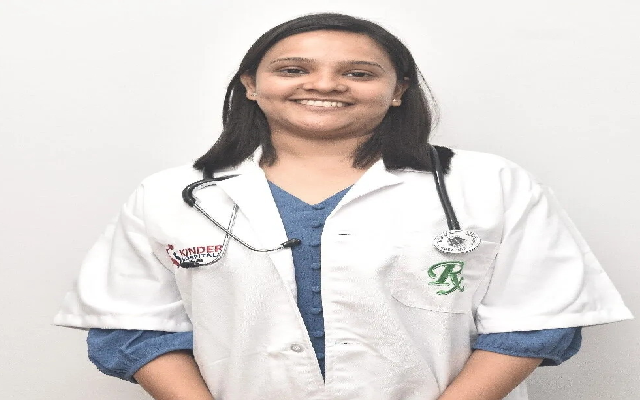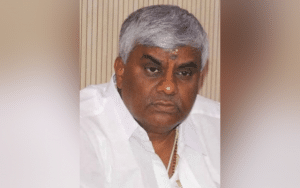The belief that malaria is not prevalent is mistaken; adequate care is always necessary. Dr. Shilpa Pandya, a distinguished Consultant in Neonatology & Paediatrics, delved into the intricate world of malaria management for children. Her expertise sheds light on crucial aspects, from understanding the disease to preventive measures and parental care.
Malaria, caused by Plasmodium falciparum, poses significant health risks to both children and adults. Dr. Shilpa outlined how the parasites multiply in the liver before infecting red blood cells, leading to a range of symptoms such as fever, headache, nausea, vomiting, and potentially severe complications like organ failure if left untreated.
Highlighting the unique presentation in children, Dr. Shilpa noted that while fever is a common symptom, not all children exhibit the typical chills associated with malaria. Thus, parents and caregivers must be vigilant for signs of general malaise or fatigue in addition to the classic symptoms.
When it comes to caring for a child with malaria, Dr. Shilpa emphasized the critical role of parents. Providing supportive care, including administering anti-fever medications like Paracetamol, ensuring adequate rest, and promoting hydration, are essential. However, the cornerstone of treatment remains appropriate antimalarial medication prescribed by a healthcare professional, with completion of the full course being crucial to prevent relapses and fully eradicate the parasites.
Dr. Shilpa also highlighted the danger signs that parents should watch out for in a child with malaria. These include jaundice, seizures, the presence of blood in urine or stools, or persistent fever despite antimalarial treatment. Immediate medical attention is necessary if any of these signs occur to prevent complications.
Dispelling common myths about malaria, Dr. Shilpa clarified that the disease is transmitted only through mosquito bites or blood transfusions, not through contaminated water or contact with an infected person. She also debunked misconceptions around breastfeeding, transmission between children, and the existence of a malaria vaccine, emphasizing the importance of accurate information for effective prevention and care. She said that patients with previous history of Malaria will not have a lifelong immunity as reinfections can happen with same or different species of the parasite.
In terms of prevention, Dr. Shilpa underscored the need for a multi-faceted approach. This includes using mosquito repellents, coils, or vaporizers, wearing full-coverage clothing, eliminating stagnant water around the home, and using mosquito nets or repellents for children based on age-appropriate guidelines. Educating children about mosquito bite prevention and hygiene practices is also crucial in combating malaria.
In closing, Dr. Shilpa Pandya reiterated the preventability of malaria, stressing the importance of concerted efforts to combat the disease and reduce its impact, particularly in vulnerable populations and developing regions.
















